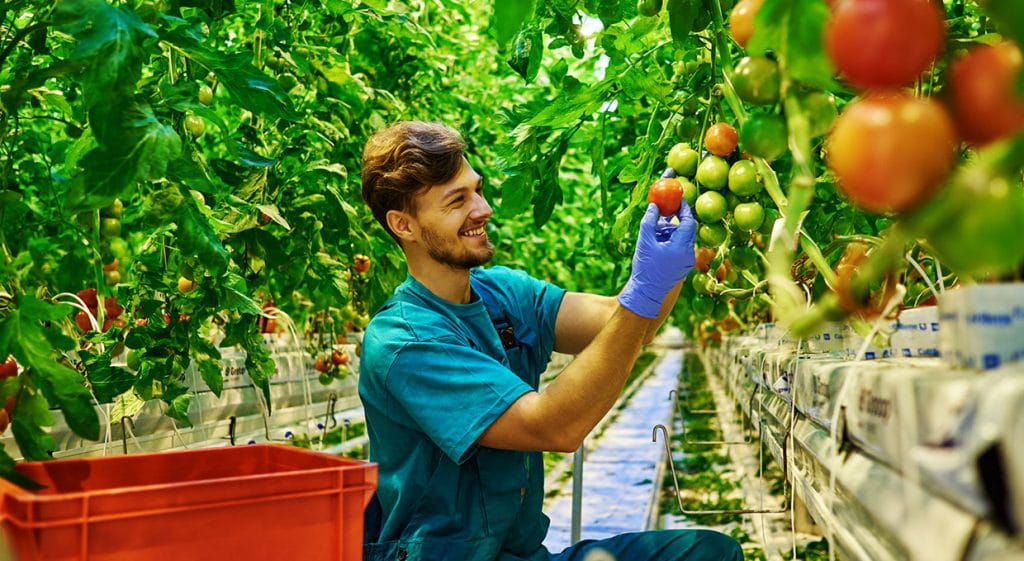Indian National Congress President Sarojini Naidu once famously complained that it cost a fortune to keep Mahatma Gandhi in poverty. The party, and later the Indian government, bore exorbitant costs to provide security to Gandhi during his world-famous padyatras (foot journeys) and third-class rail travels. Additionally, over the course of his life, Gandhi’s major national pursuits and spiritual quests were financed generously by Indian industrialists, such as the Birlas.
In a fitting coda to the enormous contradictions in Gandhi’s puritanical life (which included sleeping with naked young girls to test his vows of chastity), his spectacles and meager belongings were acquired for $1.8 million by disgraced liquor baron Vijay Mallya at a public auction in New York in March 2009.
I was reminded of the ironies of Gandhi’s ascetic lifestyle during a recent visit to an industrial “organic farm” in Bangalore. If your naïve and romanticized idea of organic, as it was mine, is natural or traditional farming, you would be in for quite a shock. This “greenhouse” and “polyhouse” farm was about as artificial as one could get. It did not use soil, rooting the plants in a 3- to 6-inch layer of artificial soil made of coconut fiber. The plants were protected in a greenhouse covered with plastic tarps to regulate temperature and humidity, as well as to block out pesky pests. Needed nutrients were pumped through an elaborate time and pressure controlled water network to nourish the plants. The “hydroperfect” technique ostensibly generates 20-30 times the yield of conventional agriculture.
The farm’s promoters waxed eloquently about the conservation of land and water in their agricultural venture, and given the deference to dharti mata (mother earth) in Indian culture, they had opted for artificial soil so as not to exploit the real one. And then there was this kicker: you could recover your full investment in a polyhouse farm in just two to three years. Do well by doing good. Cha ching! cha ching!
The back to nature movement among the chi chi circles of the West and the nouveau rich of emerging economies of India and China has given a major boost to organic products, which on average costs 30 to 50 percent higher than non-organic produce. It is a small price, we are told, for saving our environment and protecting us from lethal pesticides.
All of that is undoubtedly true of genuine organic farming, which uses traditional methods and natural pesticides, but typically results in lower yields than modern farming methods. It is indeed the practice of the vast majority of marginal Indian farmers (with under five acres under cultivation), who constitute nearly 80 percent of all farmers in the country. Most of them run organic farms, not from choice really, but simply because they cannot afford modern instruments or chemicals. Unfortunately, nor can they afford the infrastructure or access for organic certification, which would price their produce higher.
The ones faking organic, so certified because they can afford it and have lobbied to expand the definition of organic to cover greenhouses, polyfarms and hydropronics (growing plants using mineral nutrient solutions in a water solvent), don’t just sprout unaided in their antiseptic environments, however. There are significant economic and environmental costs to their simulated practices. The synthetic plastic tarp covering the greenhouses and polyfarms and the artificial coconut soil and natural nutrients pumped into the water networks have to be grown, processed, packaged, transported and adapted for high tech mechanized and industrialized systems.
These economic and environmental costs may well be hidden from view in the air-conditioned aisles of the supermarkets and gourmet grocery stores in which they market their artificially grown, organically certified produce. But they have only been displaced to other people, time and place, so that the affluent cappuccino and latte sipping set can indulge in their guilt-free experiments with nature and poverty.
It is a tribute to his genius and greatness that Gandhi was forever tortured and wracked by guilt over his personal quests, an inconvenient truth that escapes the imagination of the perennially “think different” society.
